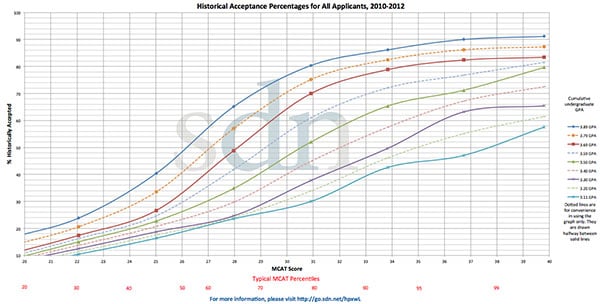"Just World Fallacy" all over the place.
The American Dream is basically a crapshoot. Statistically, this is the obvious case. The problem with success stories of the disadvantaged is that the bias on SDN is for already successful people - regardless of socioeconomic background - since the only reason we're on here is because we've gotten this far and exchange information with each other in order to become more successful. Therefore, no matter how many people come out here and say "I was disadvantaged and succeeded therefore other people should succeed" the fact that the socioeconomically advantaged have much more opportunity remains true.
Here's my story and before you go ahead and assume I'm falling into the same trap I've described above, just finish reading it. I'll be as succinct as possible.
I'm an immigrant. My family came to the United States out of fear of political persecution after they voted against the ruling regime and were summarily fired from their jobs (see:
Lista De Tascon) . We won the greencard lottery that the US sponsors for Latin American countries. Already, Fortuna! We came here with a good amount of savings, lost it all immediately since my parents couldn't find jobs, were forced to move back to the country, sold everything we had for 7000$, then came back. We were pretty poor for a while. We lived in apartment in a not-so-nice part of town. Our first and only piece of furniture was a couch we picked up from a dumpster and re-upholstered. The classrooms at my school didn't have doors and it didn't offer ESL (English as a Second Language) classes so I retook the first grade in order to learn English. My parents found work as a mechanic and teacher's assistant (both educated and trained Engineers back home, by the way) and things started to look up. Luck, again. I'm half-blind and one of my eyes is small and gray and generally off-putting so I basically had no friends during this time in my life. Luck, again. I consider this my saving grace because everyone I knew from back then does drugs, runs with a gang, or has otherwise ruined their lives already or - should I say - had their life ruined. Luck, luck, luck. Are you sensing a theme here?
Flash forward some years. We could finally afford a prosthetic eye for me and I started to make friends/have a real social life. My dad finally learned enough English to be hired by an engineering firm and my mom sought out more training as a teacher since it turned out she loved it. She started making more than minimum wage but my dad's income securely catapulted us to the top 5% of American families. For a while it wasn't noticeable since a lot of our money went to our family back home and we were all still in the mind-set of being poor and not buying too much, spending too much, and playing things close to the chest; however, it wasn't long until even the leftovers were enough to afford one luxury vehicle and one semi-luxury vehicle in a safe, upper-middle class suburban neighborhood with a top 100 public high school. Luck, luck, luck.
I was fortunate enough to be given a merit scholarship that covers about 60% of my projected total expense as an undergrad when they could have easily given that honor to someone else. I would have had to pay the full sticker price otherwise thanks to my parents income, and could have done so with minimal cutbacks (the school wasn't too expensive to begin with, comparably). I dropped acceptances to higher tier institutions since I knew I wanted medical school or some other form of graduate education from the start and took the money. Regardless, I love the school I attend and couldn't be happier.
Sure, I worked really hard in high school for this. But
how responsible am I for this, really? Me, personally. What did I do? Just take a time to think about how big a role
exactly you had in your success. How much of it wasn't dependent on people liking you, on good teachers, on good schools, on people giving you a chance, on the US government, on a hurricane, on a rainy day, on a color of tie you chose.
Taking responsibility for so much variance, all of the chaos of life just seems so absurd to me. This is why we have safety nets. Sure, to a degree people are responsible for a future, but to make the argument that the American Dream is attainable by everyone is ridiculous.
What do I propose? I don't know, honestly. Probably something systemic and basic; education, healthcare, community empowerment programs. The morbid obesity of Europe's social system? The anorexic negligence of a destitute African state? In these terms the United States can't stop eating but can't help but vomit it back out.
More than anything, the biggest advantage I've enjoyed after "becoming wealthy" is mentors. Wealthy people are generally successful and educated. Generally. They have great advice. They open doors. They offer you internships, tutoring, they teach you about stocks, they teach you about foreign languages. They tell you how you can better manage your money, how you can save it. They tell you what schools to go to, and where, and how to apply. The application process, especially as an immigrant, was a complete and total mystery to my family and I relied entirely on friends and the parents of friends who had attended elite institutions. Mentorship is the greatest boon anyone can have in their education.

